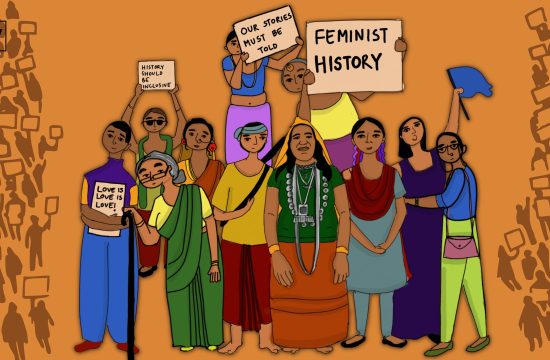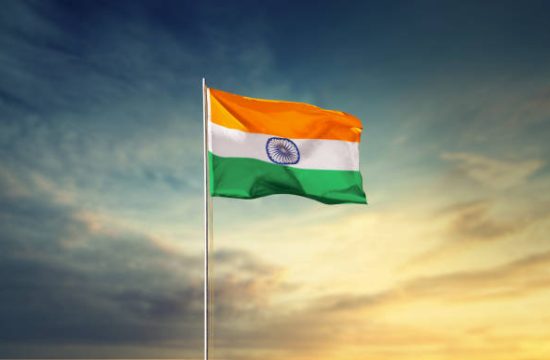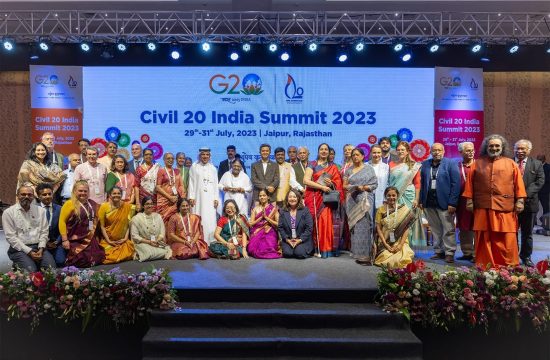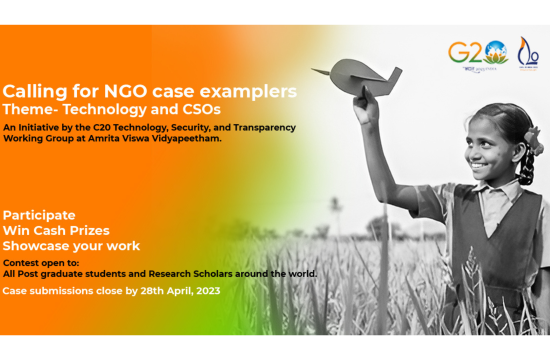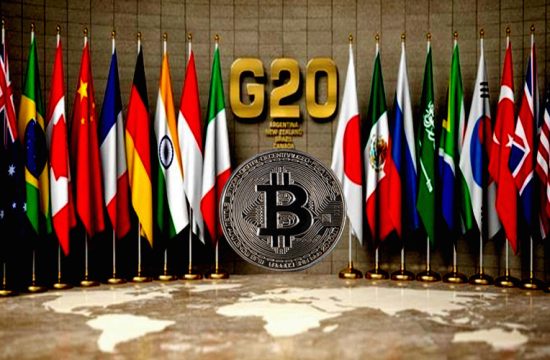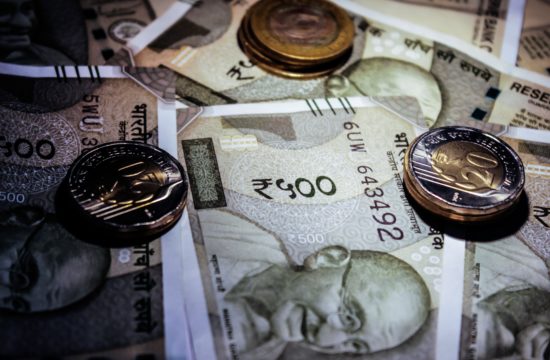Heading towards a deglobalized, complex world in transition, India, with the theme of “Vasudaiva Kutumbakam” from the Maha Upanishad, translated as “one family, one earth, and one future”, assumed the G-20 presidency for the first time in the century from Indonesia on December 1, 2022. The G20, originated in 1999, initially served as an informal platform for finance delegates to discuss the post-Asian financial crisis, with its finance track, sherpa track, and engagement groups as three main tracks of engagement amongst state representatives of 19 sovereign countries (including G7), the European Union, and the recent inclusion of the African Union, an additional feather on India’s presidency cap, thereby reinstating India’s commitment towards the development of the global south. India being portrayed as the mother of democracy by the honorable Indian Prime Minister, with its democratic roots since stressing the ideology of LIFE—lifestyle for environment, highlighting the importance of all life—human, animal, plants, and microorganisms—and their interdependence across the universe, reminding individuals and mass decisions to be guided by environmental consideration towards a cleaner, greener, and bluer future.
In the world of bureaucrats and scientists, the Indian presidency cleared the way for civil society organizations to voice the aspirations of the marginalized with the world leaders at the G20 summit. Amrita Vishwa Vidyapeetham’s honorable chancellor, Shri Amrithanadhamayi Devi (amma), held the presidency of the C20 group, wherein amma stated the woes of the rural poor and the need to educate villagers to adopt practices outside traditional ways, which are no longer sustainable, and appreciated the multidisciplinary engagement to save lives from environmental catastrophes.
I personally appreciate the Nari shakti’, women-led development initiative of the ‘New Delhi Declaration,’ wherein world leaders agreed to create a working group on the empowerment of women to support the G20 Women’s Ministerial, which will be convening its first meeting during the Brazilian G20 presidency (2023–24).
With a remarkable number of human and natural resources subsumed by natural and anthropogenic-induced disasters, a new working group on disaster risk reduction was also established, and consensus on multidisciplinary research and knowledge sharing by member countries wavered a ray of hope amidst uncertain climate twists.
The proposal of the finance track of the G20 to develop aFinancial Intermediary Fund(FIF) to support pandemic prevention, preparedness, and response seemed to be a reactive yet proactive move on the notion of future pandemics and their underlying economic repercussions on world wellbeing and social order.
India made hay while the sun shined by delegating the role of AI and data advances in harnessing data for development (D4D) through professional collaborations, which got signified in India’s presidency.
Through the proposal to restructure multi-development banks to meet the challenges of the 21st century and to maximize the development impact, capable enough of meeting the needs of developing countries, in particular poorer and more vulnerable ones, the Indian presidency reinforced the need for a level playing field and equality over efficiency in development, focusing more on the distribution of the pie than the size of the pie.
Despite the challenges faced during India’s presidency, ranging from Chinese aggression towards Taiwan, the Ukraine, and the Russia war, global economic slowdown, delay in achieving sustainable development goals, and every nation looking up at India to state its stand on the above geopolitics, India showcased its space exploration capability and tried harder to stand by its words, “Human centric.
Globalization: Taking G20 to the Last Mile, Leading None Behind” with its firm foot on sustainability and women-led growth and level playing ground for the global south in the human-backed digital era.
VARSHA U
CB.BU.P2ASB23184


